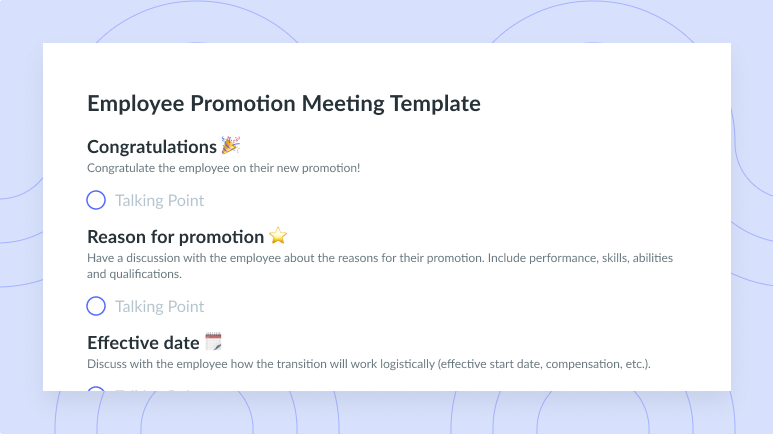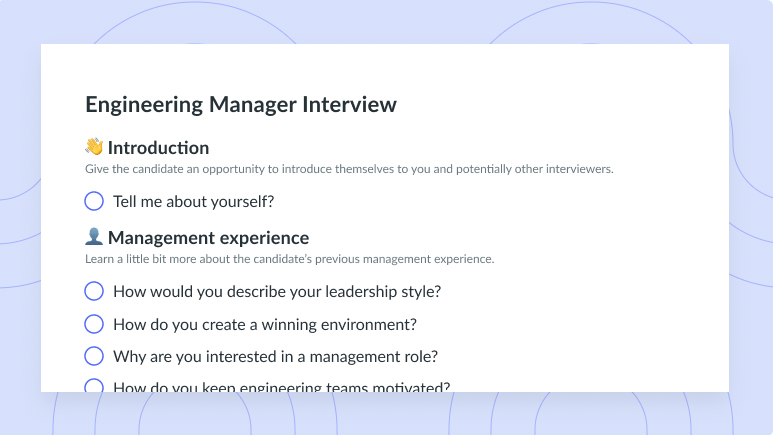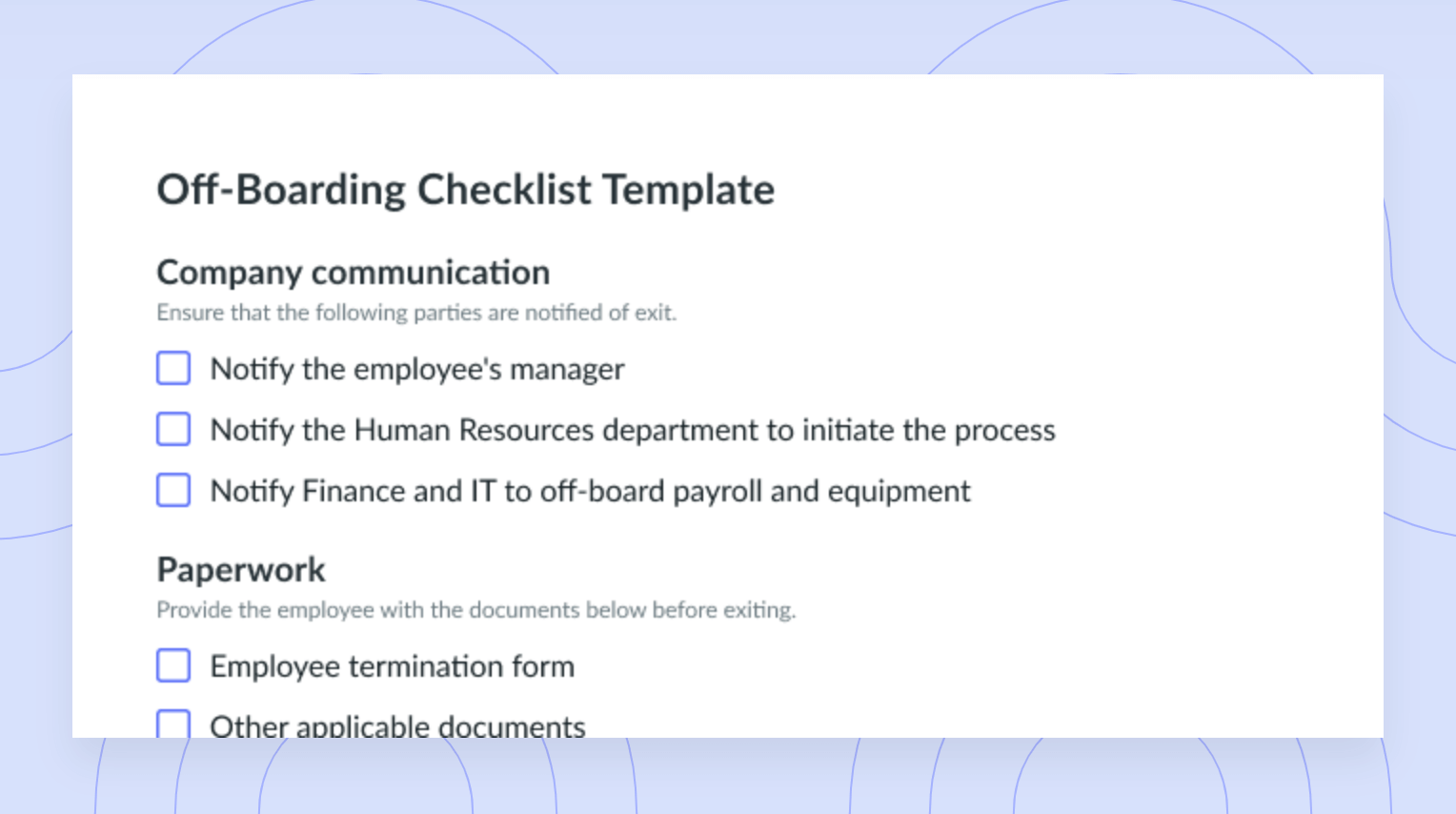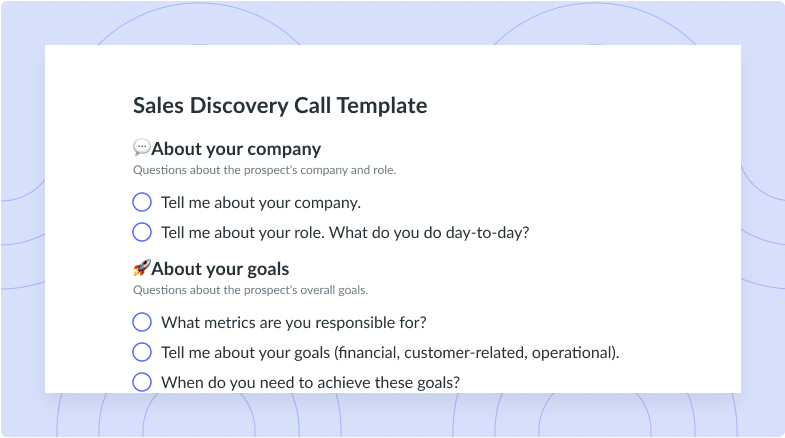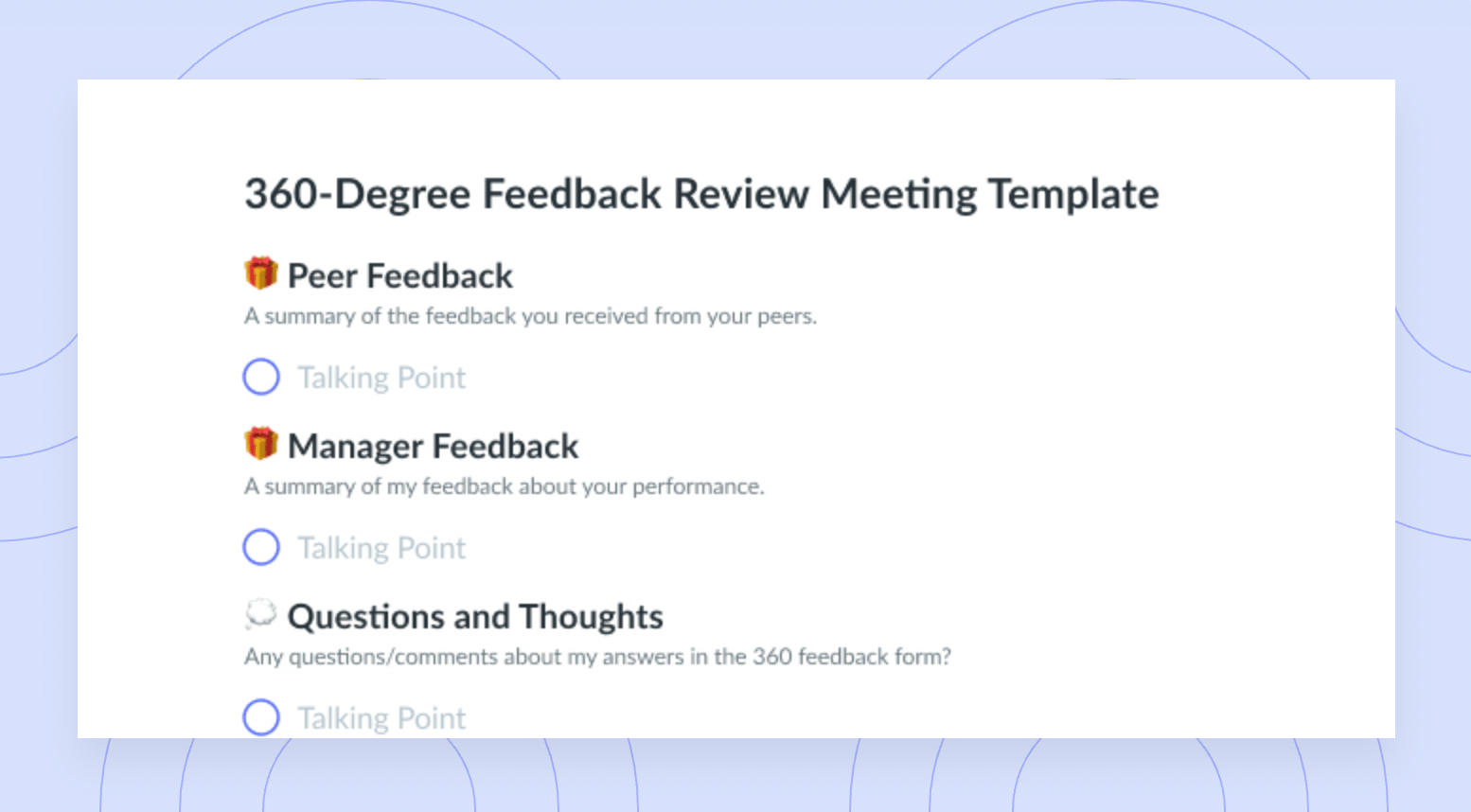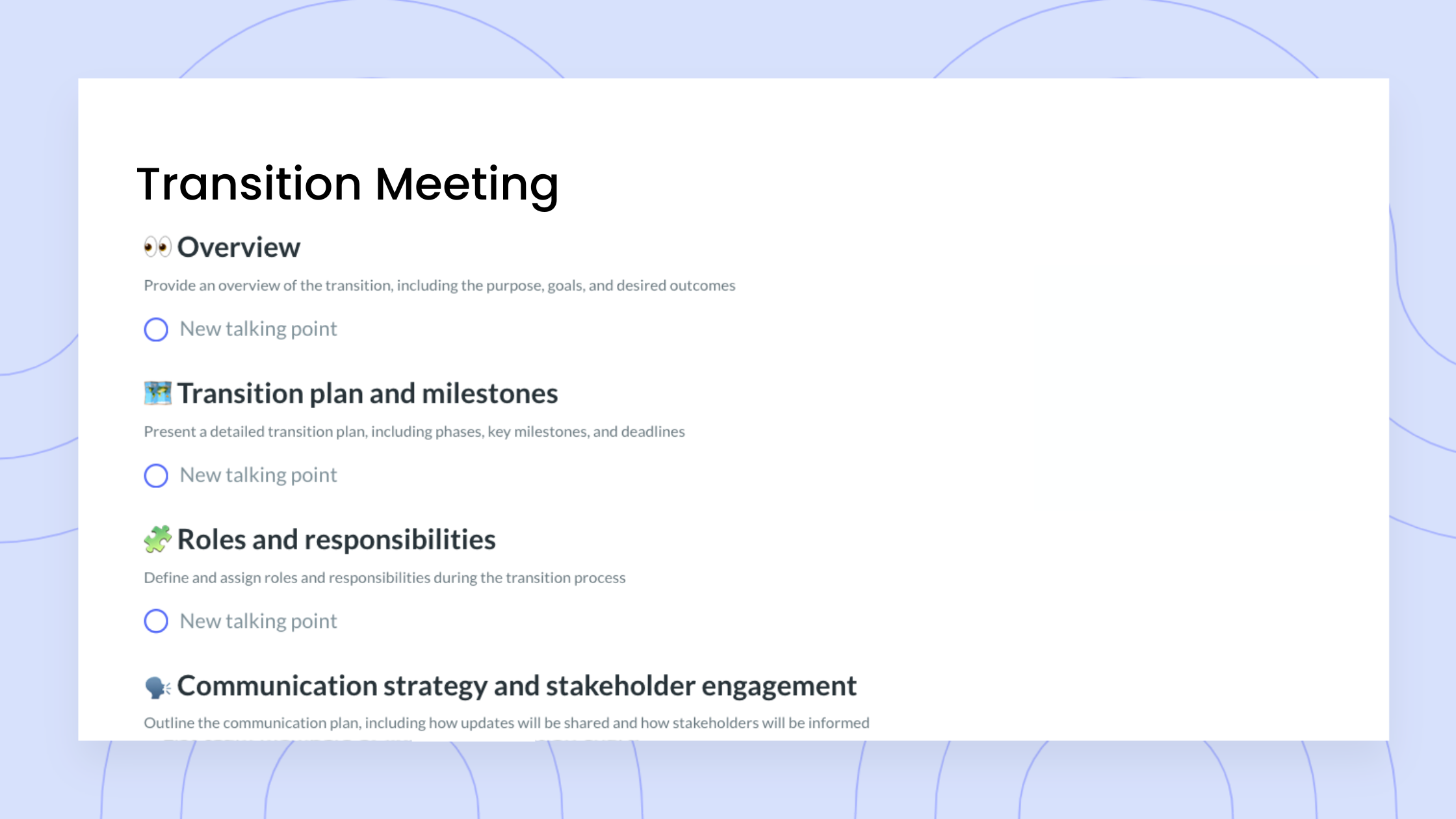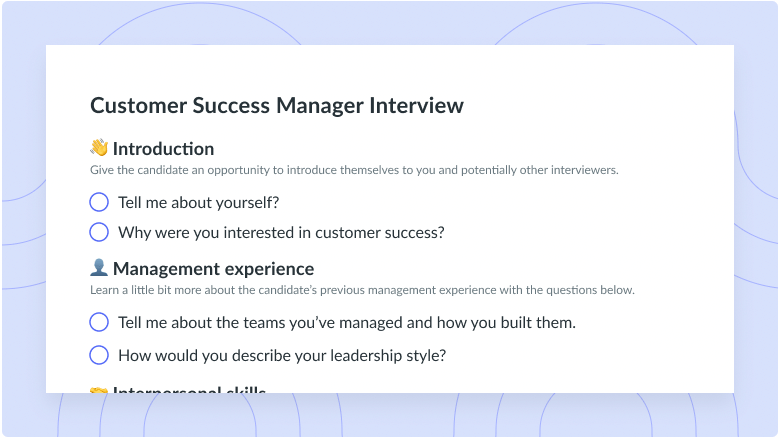Transitioning from Engineer to Engineering Manager
Transition from engineer to manager by honing in on communication, trust, and transparency. Learn Important skills to help you transition.
There’s no playbook or clear-cut trajectory for individuals transitioning from being an individual contributor to a manager. Chances are, you were trained for your role as an individual contributor. You may have even spent years in post-secondary education preparing for your role. What many organizations fail to recognize is that there is little to no support for those who are making the transition to management. As a result, transitioning from being an engineer to becoming an engineering manager may be more difficult than anticipated.
In this article, we’ll outline crucial skills you’ll need to excel as an engineering manager and dive into lessons from top engineering managers who have made the transition from engineer to manager.
- Engineer vs. engineering manager
- Important skills to help you transition from engineer to manager
- How to transition from an engineer to an engineering manager
- Are you ready to make the transition from engineer to manager?
Engineer vs. engineering manager
Engineers are responsible for inventing, designing, analyzing, and building machines, complex systems, structures, gadgets, and materials to fulfill functional objectives and requirements. An engineer’s role and responsibilities will vary depending on their discipline and the area in which they practice. An engineer is usually part of an engineering team led by an engineering manager that works as a collective to achieve a common goal.
At their core, engineers are individual contributors responsible for providing innovative solutions to complex problems. Although engineering managers may not practice core engineering principles on a day-to-day basis, they are still industry experts. While they may have once been responsible for providing innovative solutions, their main prerogative is now managing a group of engineers or leading a team.

Level up your engineering management skills by hosting regular one-on-ones
Increase meeting engagement and productivity in one-on-ones with a collaborative agenda that both meeting attendees can contribute to. Try using a tool like Fellow!
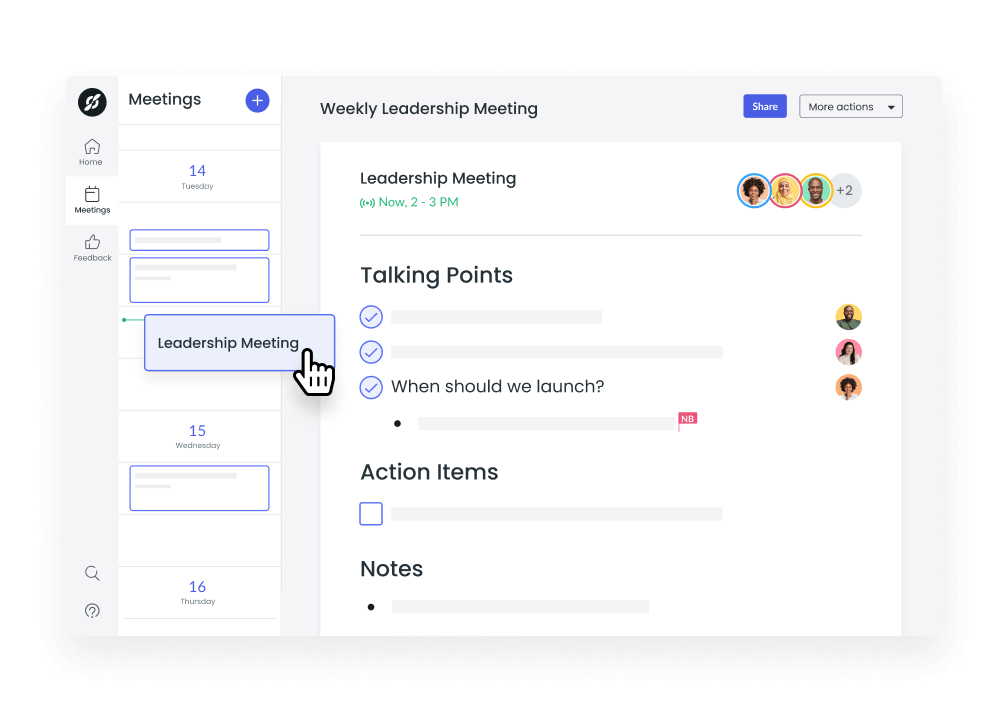
Important skills to help you transition from engineer to manager
1Accountability
As you make the transition from engineer to manager, you’ll realize that you aren’t only accountable for yourself, but also for your team. As such, you need to take responsibility for your own contributions, as well as those of your team. When your team ships a product or wraps up a project, your reputation is on the line.
2Organization
As stated above, you’re no longer just responsible for yourself. You have to organize your day-to-day, set meetings, check in with your teammates, check in with other senior managers, plan your team’s short-term goals, plan your team’s long-term goals, and ensure your team is contributing to your greater organizational goals, among other things. The list goes on and on. If you aren’t organized, you won’t be able to keep up.
3Leadership
Every good manager possesses excellent leadership skills. If you don’t take the time to refine your leadership style, you won’t be able to successfully manage a team. If those you manage don’t admire you as a leader, you won’t be able to inspire them to do their best work.
4Growth mindset
Having a growth mindset means you’re always willing to learn and improve. If you don’t prioritize growth, you’ll become stagnant. The engineering landscape is evolving at lightning- speed, meaning you have to constantly be willing to adapt and innovate accordingly.
5Communication
To be an excellent engineering manager, you need to be an effective communicator. Not only are you responsible for communicating within your team, but you’re also the liaison between your team and the organization at large. You’ll be responsible for conveying your team’s work to senior leadership and in turn, communicating their feedback or expectations to your team.
6Self-awareness
As a manager, it’s extremely important to be self-aware. You need to be aware of your strengths and weaknesses and be willing to adjust accordingly. The best leaders surround themselves with people who possess skills that compensate for their own.
How to transition from an engineer to an engineering manager, as taught by top engineering managers
- Seek mentorship
- Foster effective communication
- Understand your goals and objectives
- Hold regular one-on-ones to build rapport
- Ask for feedback
- Avoid micromanagement
1Seek mentorship
The transition from engineer to manager is a big one and should not be taken lightly. While you may be an excellent engineer, you may not have any prior management experience. Seeking guidance from other engineering managers is a great way to gain expert insights that you can use as a framework for your new role. Unfortunately, there’s very rarely a playbook or step-by-step guide that helps engineers transitioning into a management role, which is why it’s best to learn from those who know what it’s like to walk in your shoes.
Seeking mentorship from other engineering managers will allow you to learn what it’s really like to make the transition. They may be able to offer tips, tricks, or even just words of encouragement. No one knows what being an engineering manager is like better than someone who has had the role themselves.
2Foster effective communication
Like anything, there will be a learning curve as you transition from one role to the next, so communication is key. Not only will you be responsible for managing and communicating with your new team of engineers, but you’ll also be responsible for conveying the key inner workings of your team to the company at large. You may now be expected to communicate with senior management or other managers within your organization, so keep cross-functional communication top-of mind.
In addition, being an effective communicator is a must-have skill for any manager. Your teammates should feel as though they can approach you with anything, and it’s your responsibility to foster an inclusive environment where communication can flow freely without judgment or hesitation.
3Understand your goals and objectives
As a manager, it’s your job to lead your teammates to a North star. If you don’t have an in-depth understanding of your goals and objectives, you can’t expect your teammates to either. Unlike in your previous role as an engineer or individual contributor, you’re now responsible for setting and fulfilling your own goals and objectives in addition to those of your team.
Tools like Fellow make tracking objectives easier than ever by allowing you to conveniently track all goals and objectives in one place. You can stay on top of your team’s goals by clearly recording, defining, and tracking the progress of your objectives and key results (OKRs) in Fellow’s Objectives tool. The best part of the tool is having the ability to integrate these notes into your meeting agenda so you can quickly access and review your objectives during team meetings!
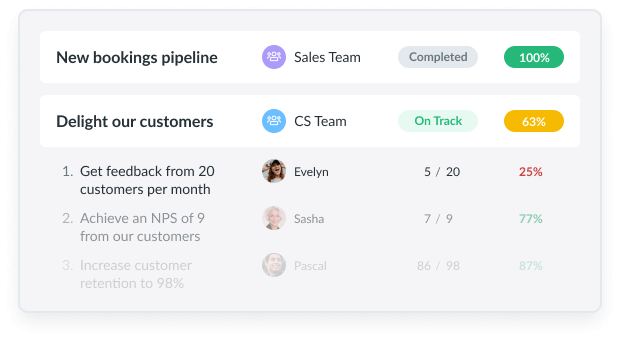
4Hold regular one-on-ones to build rapport
One of the biggest factors that you need to consider when you transition from engineer to manager is remembering that you’re now responsible for a team of people. If you don’t take the time to build rapport and cultivate positive relationships with those on your team, you won’t be able to lead effectively.
To build rapport, you will want to host frequent one-on-one meetings with those on your team. These meetings will give you the opportunity to learn how you can support your teammates while cultivating their skills and guiding them towards success. This meeting template will ensure your one-on-one meeting runs smoothly from start to finish:
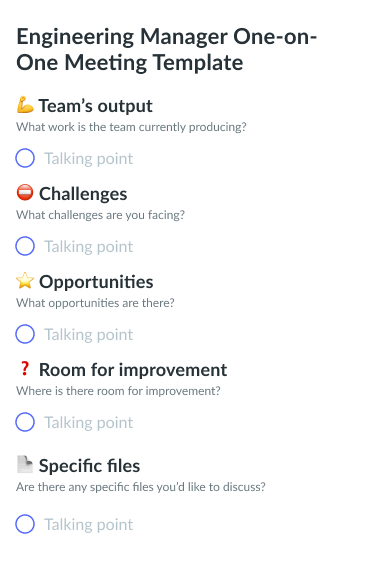
5Ask for feedback
Feedback is a gift. Oftentimes managers may not know where they stand, and the easiest way to gain insights into your performance is to ask for feedback. Not only can you ask your direct reports, but you can also ask other managers in your organization who may witness you in action during your shared meetings. If you don’t take the time to seek feedback, you won’t be able to refine your skills or perfect your craft. One core skill managers should have is the ability to take feedback and run with it. You have to be willing to refine your skills and continuously improve or you’ll become stagnant in your career. Management is a constant journey of developing new skills and learning how you can better support those around you.

6Avoid micromanagement
Micromanaging those on your team is the quickest way to kill their spirit. Not only does micromanagement demonstrate that you don’t trust your teammates, but it also hinders them from doing their best work. Your team will begin to get used to your constant overbearing presence and they won’t have the means to step up when the time is right. It’s important that you surround yourself with competent employees you can trust so you don’t feel as though you need to micromanage them.
Are you ready to make the transition from engineer to manager?
Making the transition from engineer to manager is an exciting step in your career and you should be proud! Remaining accountable and organized while possessing a growth mindset and prioritizing communication will ensure you find success in your new role. Don’t forget to reference the tips from top engineering managers when you feel stuck. It’s important to remember that you’re never alone and there’s a huge network of experienced engineering managers out there who would love to lend a helping hand!







![Hosting Effective Engineering One-On-Ones [+ Free Template]](https://fellow.app/wp-content/uploads/2022/07/Engineering-One-On-One.jpg)

